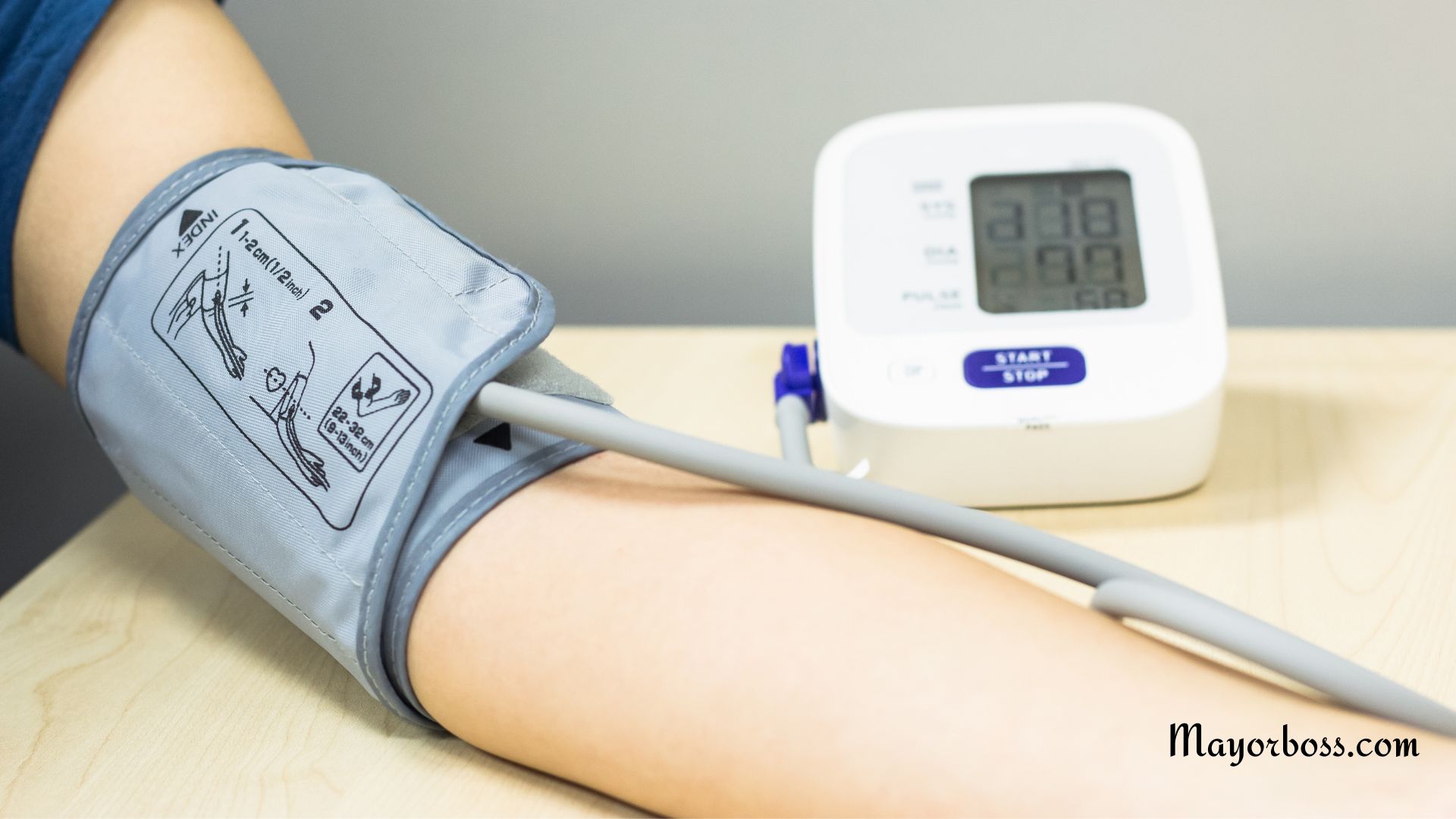How Long Can You Go Without Pooping
Do you want to know how long can you go without pooping? The frequency of bowel movements varies from person to person, but going three days without pooping is generally considered the upper limit of normal. After that, you may be at risk for complications such as fecal impaction or other gastrointestinal issues.

What’s the Normal Pooping Schedule?
On average, people usually poop anywhere from three times a day to three times a week. This pattern depends on your diet, activity level, and overall health. However, if you haven’t pooped for more than three days, it’s a good idea to pay attention to your body. Extended periods without a bowel movement might raise some concerns.
The Risks of Not Pooping for Too Long
Fecal Impaction
If you go for an extended period without pooping, you might develop a fecal impaction. This condition occurs when hardened stool gets stuck in your intestines and becomes difficult to expel. Fecal impaction can lead to symptoms like abdominal pain and bloating. In severe cases, medical intervention might be necessary to remove the impacted stool.
Gastrointestinal Issues
Long periods without a bowel movement could also cause strain on your digestive system. This strain might result in discomfort, gas, and bloating. In some instances, it can exacerbate conditions like irritable bowel syndrome (IBS).
Toxin Buildup
Your body naturally eliminates waste and toxins through bowel movements. Hence, a prolonged period without pooping could mean that these toxins are not being properly expelled from your body.
Factors That Influence How Long You Can Go
Diet
A diet rich in fiber helps to keep your bowel movements regular. Conversely, a diet lacking in fiber can slow down your digestive system. So, if you’re having trouble going to the bathroom, consider adding more fruits, vegetables, and whole grains to your meals.
Hydration
Drinking plenty of water helps to soften your stool, making it easier to pass. Therefore, dehydration can be a factor in constipation and irregular bowel movements.
Physical Activity
Regular exercise stimulates your intestines, aiding in the digestive process. People who are not physically active often experience more issues with constipation.
Stress
Believe it or not, your mental health can play a role in your bowel habits. High levels of stress can interfere with your digestive system, potentially causing constipation.
Medication Side Effects
Certain medications, especially opioids, and some antacids, can interfere with regular bowel movements. If you suspect your medication is affecting your ability to poop, consult your healthcare provider for alternative options.
When Should You Seek Medical Attention?
If you haven’t had a bowel movement in more than a week, or if you’re experiencing symptoms like severe abdominal pain, it’s time to consult a healthcare provider. Medical intervention may include treatments such as laxatives, enemas, or, in extreme cases, surgical procedures.
Tips for Maintaining Regular Bowel Movements
- Stay Hydrated: Drink plenty of fluids, especially water.
- Eat Fiber: Incorporate fiber-rich foods like fruits, vegetables, and whole grains into your diet.
- Exercise Regularly: Physical activity helps keep your digestive system running smoothly.
- Manage Stress: Methods like meditation or deep-breathing exercises can help alleviate stress, benefiting your digestive health.
So, while there’s no one-size-fits-all answer to how long you can go without pooping, the three-day mark is a good indicator that it’s time to take action. Ignoring the problem can lead to complications that may require medical treatment. Keep an eye on your body’s signals, and don’t hesitate to seek professional advice if you’re concerned.
Further Reading: Can’t Poop? Eat These 10 Foods to Help You Poop and Ease Constipation






